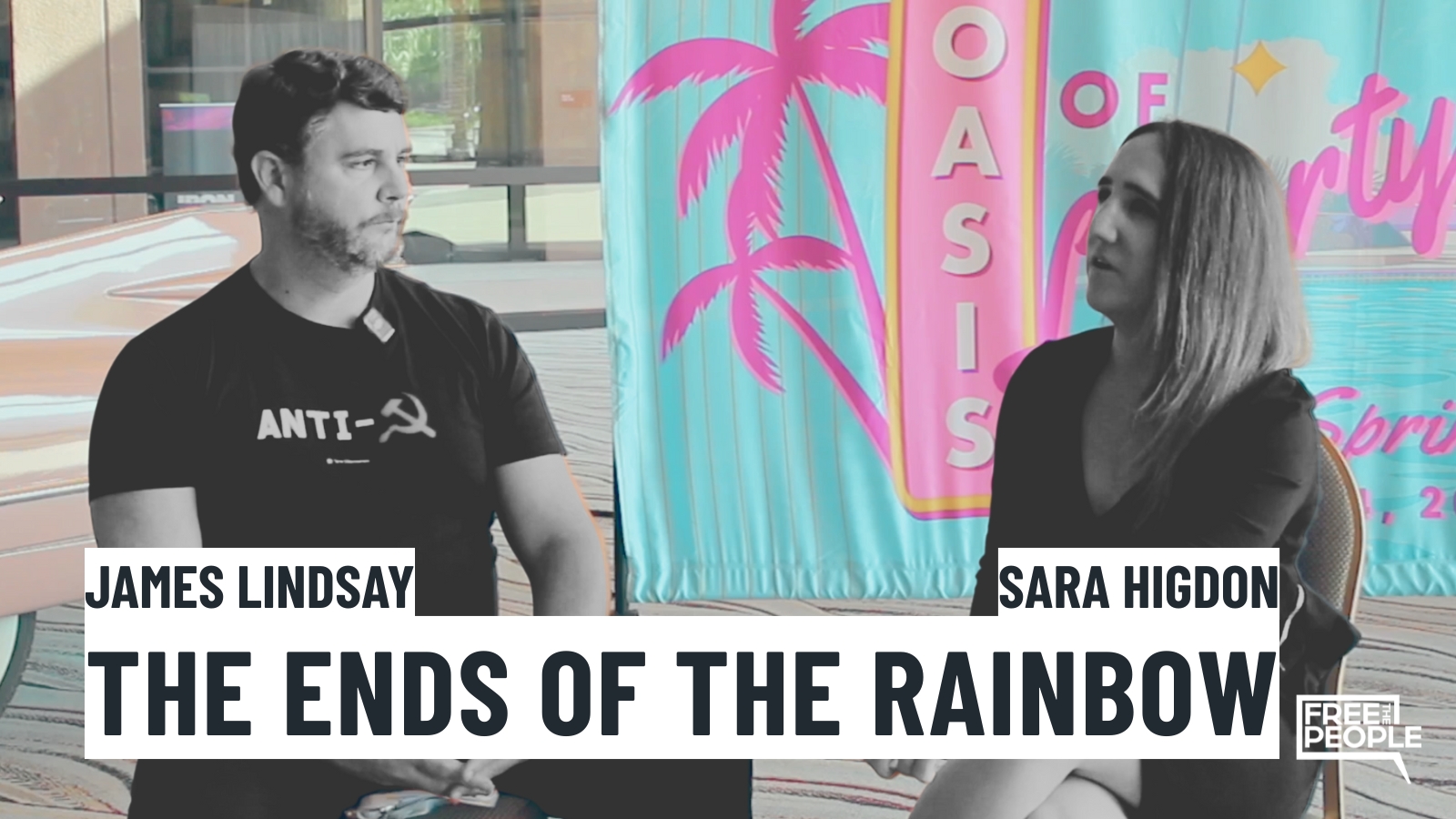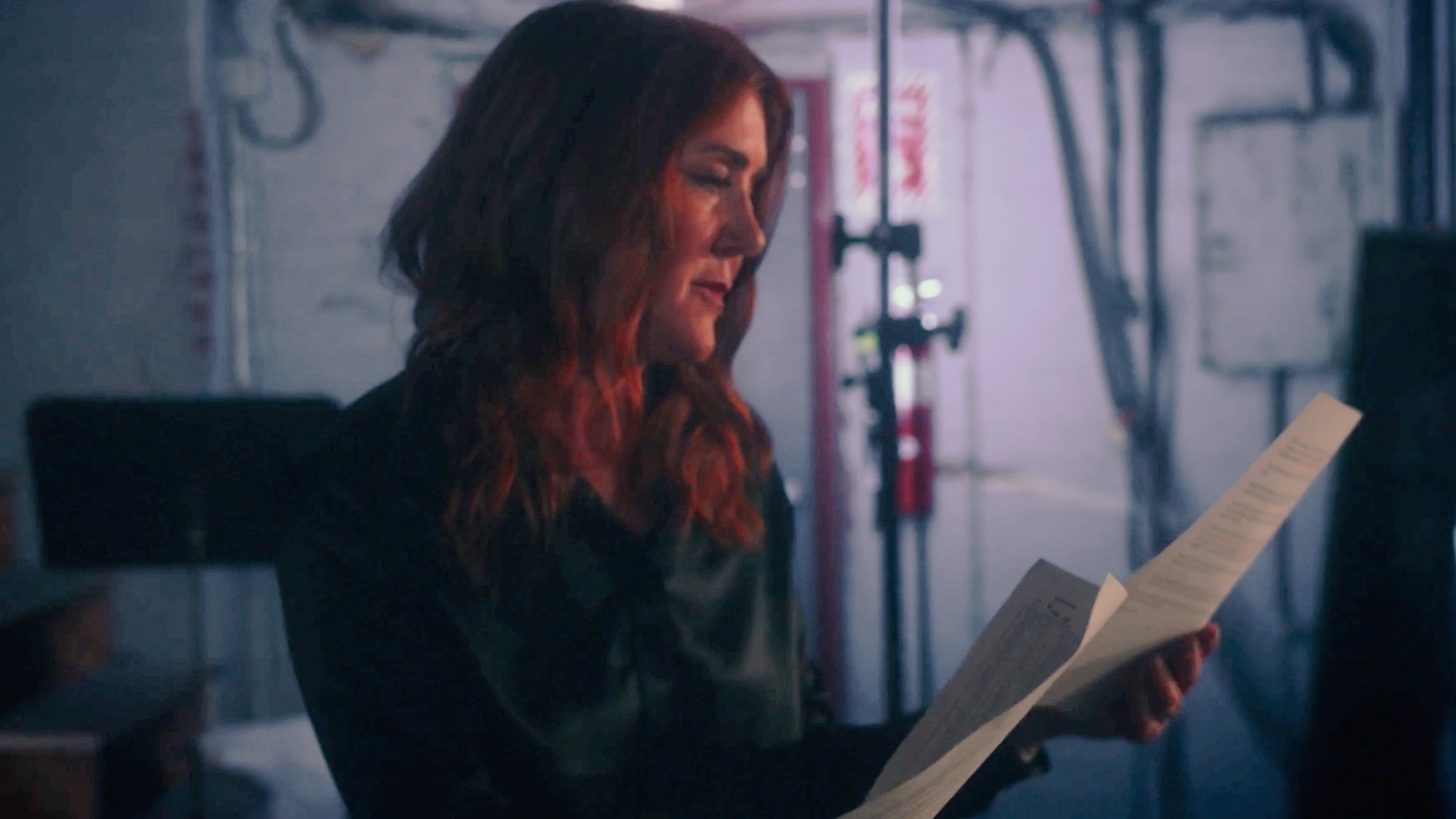
Two Ideologies Separated by a Common Language
George Bernard Shaw once quipped that the United States and Great Britain are two countries separated by a common language. It’s a witty and perceptive observation about how two groups of people can use the same words and yet not understand one another. In present day America, we seem to have reached a similar situation, only instead of the barrier to communication being nationality, it’s now ideology.
Attempting to make sense of the daily news has become tremendously difficult, even for someone who lives and works in the thick of political discourse. Depending on which source you read, the same set of facts is reported in two completely different, sometimes directly contradictory ways. And while we’re all using the same words, no one seems to agree on what they mean anymore. Are people protesting or rioting? Are shooters aggressing against the helpless, or acting in self-defense? Are counter-protesters patriots or white supremacists? What’s the difference between law and order and tyranny, and how can we tell whether the police are brave heroes or brutal thugs?
Depending on your political affiliation and the news sites you choose to read, you will probably have very different opinions about these questions than someone of a different political party. But why is this? Shouldn’t facts be facts, regardless of how you vote in November? As a post-enlightenment society that allegedly reveres science and empiricism, shouldn’t we be responsive to evidence and aware of the pitfalls of confirmation bias? Of course we should, but it seems that, as a society, we have allowed our hatred for those who disagree with us to interfere with our objectivity and ability to assimilate facts that contradict our internal narrative. Moreover, I believe a large part of why we disagree on facts comes down to a basic disagreement on language. The reason we interpret the same events differently has to do with how we talk about those events, and what we mean when we use certain terms.
There has been a concerted push to redefine what certain words mean.
Critical theory, recently emerging from academia into the mainstream, has taught us, for example, that racism doesn’t mean what you think it does. Instead of the common definition of “discrimination against someone based on their race,” the new view is that racism is power plus prejudice, meaning that socially dominant groups (read: white people) are inherently and irredeemably racist, while marginalized groups are incapable of racism because they lack the power to enforce any prejudices they might hold. This definition is now starting to be picked up by dictionary editors and included in the latest editions.
This is why we can’t seem to communicate anymore. Two people can’t have an honest conversation about racism if they can’t agree on what the word means. They will inevitably talk past each other, each believing that the other’s view is racist based on their own definition of the term.
Professional linguists are constantly having to confront the common fallacy that the rules of language are somehow dictated from some position of authority, when in fact language is an outgrowth of commonly accepted usage among large numbers of individuals. Words don’t actually have definitions, they have usages. There is no right or wrong way to speak unless an abnormal usage hinders communication; there is only what we all mutually agree to as a society. That’s why a New Yorker and a Texan can pronounce the same words in a completely different way, and yet can communicate comfortably with neither being “wrong.”
The usages and pronunciation of words are not fixed, either. They change over time as people’s attitudes change. When I say that someone is “crafty,” most people understand that what I mean is cunning, subtle, deceptive, sneaky, and manipulative. A few hundred years ago, however, the word had none of these negative connotations. It merely meant a skillful artisan, someone who was good at crafts.
The mistake the critical theorists are making is to try to impose these shifts in language by brute force over a short period of time. They imagine that if they can get dictionary editors on their side, the rest of society will have to adopt their preferred usages. But dictionaries don’t dictate how people ought to speak, they reflect how people actually do speak. Attempting to force a majority of Americans to suddenly change their speech patterns based on the theories of a few academics naturally breeds hostility and resentment, as well as hindering our ability to understand one another. Recognizing this is what elevated Jordan Peterson from an obscure psychology professor to an international celebrity. He saw that being forced by law to adopt a brand new set of invented pronouns could only lead to trouble, and fundamentally violated both freedom of speech and the natural evolution of language.
The result of all this is that society has begun to fracture along linguistic, one might even say dialectic lines.
But unlike most dialects, the difference here is not audible, but semantic in nature. We pronounce our words the same, and use the same grammar, but the meanings underneath it all are different, and that makes detecting our precise points of disagreement very difficult.
In formal debates and philosophical writing, the importance of defining one’s terms is always stressed for exactly this reason. It’s no good laying down a carefully constructed argument if no one can understand your premises. The recognition that people can have different understandings of semantics leads to efforts to circumvent this difficulty by being as explicit as possible right at the outset.
This rather cumbersome practice may be the only way we can restore any sense of empathy and understanding among people with political disagreements. I would argue that the first step in any conversation should be to make sure you’re using words in the same way, and if you’re not, try to understand the other person’s definitions and address them in a way that is not dismissive or hostile. Finally, I would advise against trying to impose the way you speak onto others against their wills. It never ends well, as countless episodes of violent colonialism have taught us throughout history. Demanding that someone use the word “racist” the same way you use it is akin to demanding that people from other countries speak perfect English rather than trying to understand them on their own terms. It’s just rude.
Free the People publishes opinion-based articles from contributing writers. The opinions and ideas expressed do not always reflect the opinions and ideas that Free the People endorses. We believe in free speech, and in providing a platform for open dialogue. Feel free to leave a comment.



